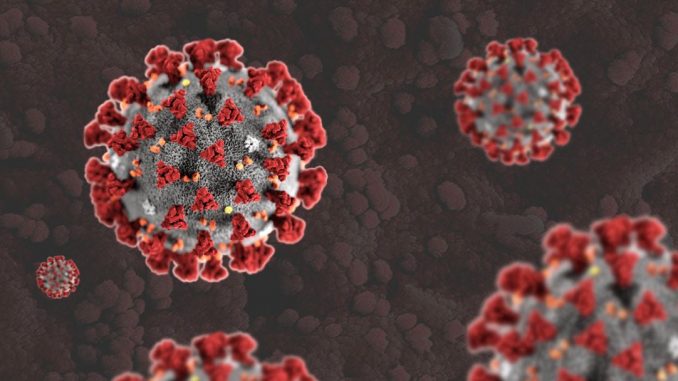
COVID-19 (novel-corona-virus) is declared as pandemic by World Health Organization (WHO). It has spread to more than 150+ countries globally.
Therefore, leading health experts from around the world have been meeting at the World Health Organization’s Geneva headquarters to assess the current level of knowledge about the new COVID-19 disease, identify gaps and work together to accelerate and fund priority research needed to help stop this outbreak and prepare for any future outbreaks.
A 2 day meeting was organized by WHO to bring innovative ideas, knowledge and ensure priorities for carrying out research on COVID-19.
In the meeting, WHO Director-General Dr Tedros Adhanom Ghebreyesus said, “This outbreak is a test of solidarity — political, financial and scientific. We need to come together to fight a common enemy that does not respect borders, ensure that we have the resources necessary to bring this outbreak to an end and bring our best science to the forefront to find shared answers to shared problems. Research is an integral part of the outbreak response.” He further added, “I appreciate the positive response of the research community to join us at short notice and come up with concrete plans and commitment to work together.”
The meeting was hosted in collaboration with GloPID-R (the Global Research Collaboration for Infectious Disease Preparedness). It was attended by major research funders and over 300 scientists and researchers from a large variety of disciplines. They discussed all aspects of the outbreak and ways to control it and major priority areas for carrying out research on COVID-19.
Major Priority Areas on COVID-19 Research Are:
- the natural history of the virus, its transmission and diagnosis;
- animal and environmental research on the origin of the virus, including management measures at the human-animal interface;
- epidemiological studies;
- clinical characterization and management of disease caused by the virus;
- infection prevention and control, including best ways to protect health care workers;
- research and development for candidate therapeutics and vaccines;
- ethical considerations for research;
- and integration of social sciences into the outbreak response.
In a remark made by Professor Yazdan Yazdanpanah, chair of GloPID-R, he said, “This meeting allowed us to identify the urgent priorities for research. As a group of funders, we will continue to mobilize, coordinate and align our funding to enable the research needed to tackle this crisis and stop the outbreak, in partnership with WHO.” He added, “Equitable access – making sure we share data and reach those most in need, in particular those in lower and middle-income countries, is fundamental to this work which must be guided by ethical considerations at all times.”
Participants of the Meeting:
The meeting was attended by more than 300 scientists and researchers participating both in person and virtually agreed on a set of global research priorities.
News Source: https://www.who.int/news-room/detail/12-02-2020-world-experts-and-funders-set-priorities-for-covid-19-research